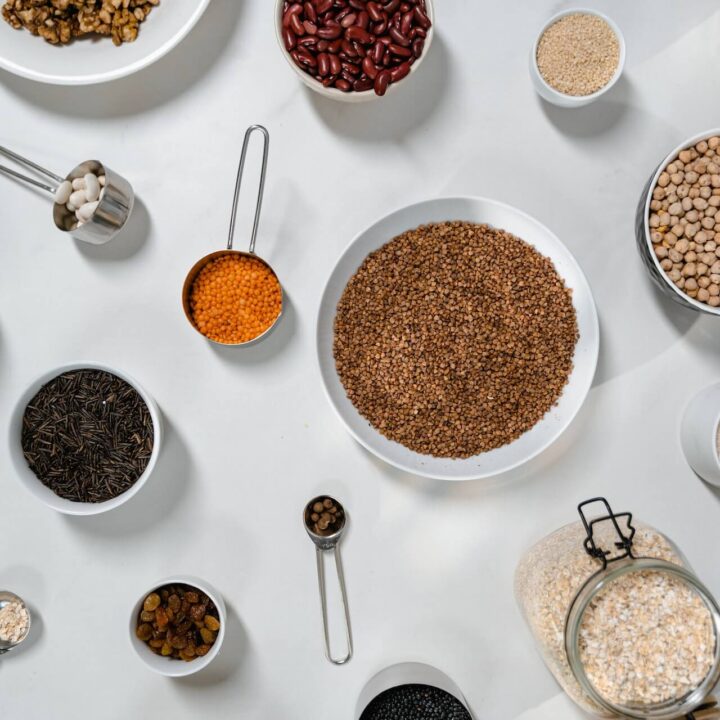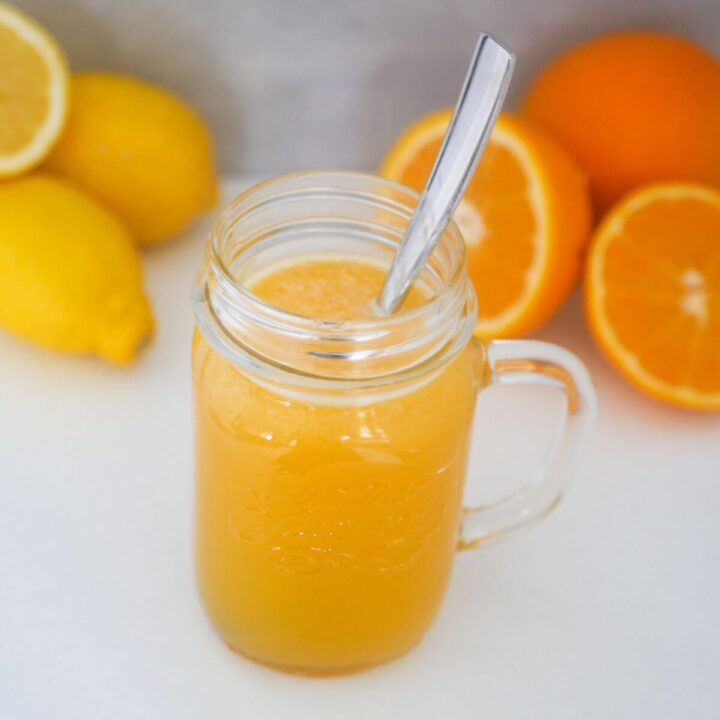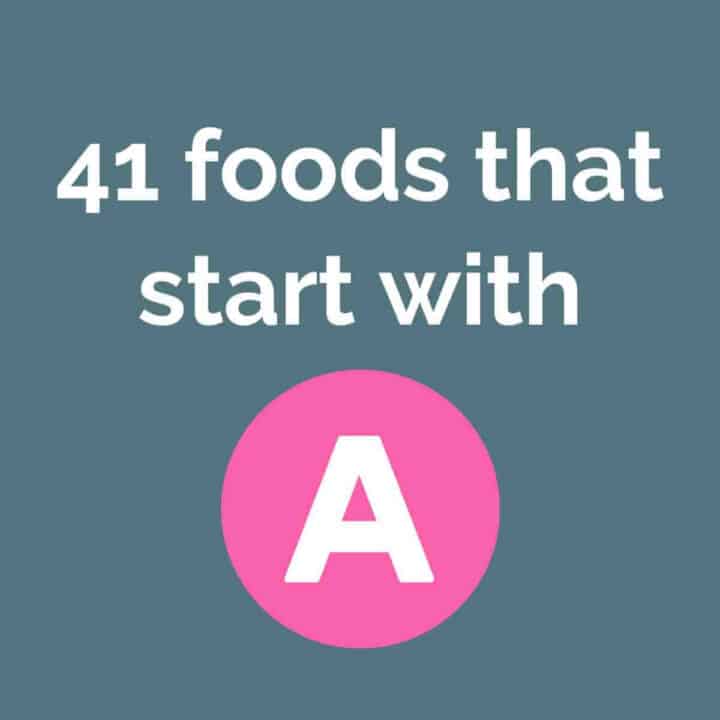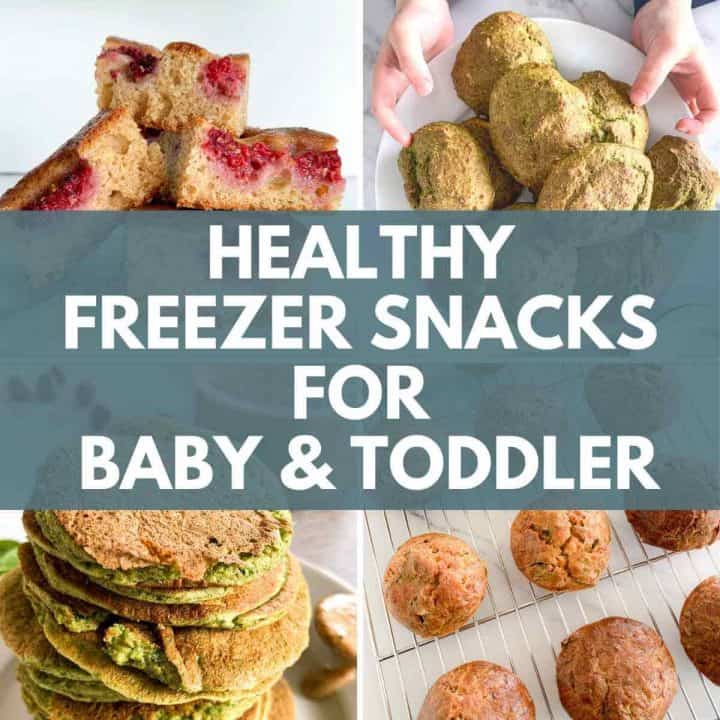
Homemade anything almost always sounds so much better than store-bought. Everyone's list of favorite foods includes something that their mom used to make. But these days it seems like fewer people have the time or the inclination to cook. And that's before you add a baby into the equation.
It makes sense. More families have two working parents now than they used to, and the alternatives to home-cooked food have become both abundant and much more easily accessible.
Store-bought food or take-out requires no forward planning, no time in the kitchen and best of all, no cleaning up. Meanwhile, cooking for a whole family can seem like a daunting task.
So why bother with homemade baby food?
The food you eat is not only the fuel you run on but also the foundation of your body as a whole. Children are constantly growing, and their nutrition facilitates every aspect of that growth. It affects the energy they have day-to-day as well as their overall development year-to-year.
Getting it wrong might mean your child has insufficient micronutrients in their diet to support healthy brain development or a strong immune system. They might get sick more often as a result, or just generally not have enough energy to make the most of those playgroups you pay too much for them to attend ($45 for a 45-minute class in New York is actually a good price).
Because of this, we believe their nutrition is important enough to warrant the extra energy.
But the question remains... is homemade baby food actually any better for you anyway?
There are reasons to believe that yes, homemade baby food is, in fact, better for you. We've outlined a few of those reasons below.
1. Better Nutritional Content
Store-bought baby food is often packed in pouches or jars with expiration dates that are long in the future.
While that's super convenient, it also begs the question of how it's possible when the ingredients would go off in your fridge after a matter of days.
In some cases, preservatives are added to food to keep it fresh for longer. Depending on the preservative used, these can actually damage vitamin levels, particularly for vitamins A, C, and E.
Even in the absence of preservatives, before being packaged, your food will in almost every case be superheated to kill any bacteria that could lead to faster decomposing or, even worse, to disease.
This process of heating the food can damage certain micronutrients, making them useless to your body. The best example of this is vitamin C which can be reduced by over 50% after heating! Vitamins B1 and B9 are also particularly badly affected.
Preparing food at home instead means you won't be using preservatives and that many foods won't need to be heated at all (most purees are as easy as throwing ingredients into a blender). If they do, then you will still have avoided the superheating necessary before meals can be packaged and put on supermarket shelves.
2. Greater Diet Diversity
Preparing meals at home allows you to easily introduce a much greater diversity of ingredients than store-bought. With a baby to shop for, you can easily find yourself wandering the supermarket isles, grabbing new foods that you wouldn’t normally have bought, just to see what your child prefers.
This leads to a diet that includes more diversity, which has been shown to be hugely beneficial for your health. Not only does it lead to a larger range of essential vitamins and minerals but also promotes a healthier gut.
The status of your gut microbiome (the healthy bacteria found in your digestive system) has a huge impact on your overall health – to an extent still being discovered today. Recent studies have also shown that it has a role in regulating anxiety, mood, cognition, and even pain. And the largest factor influencing the microbiome: the diversity and composition of your diet.
Studies have also shown that infants with diverse diets that included high levels of fruits, vegetables, and home-prepared foods have fewer food allergies by 2-years-old.
Our baby and toddler meal plans intentionally include a wide variety of ingredients for these exact reasons.
3. Healthier Ingredients
We’re big believers that organic food is beneficial overall (for some foods more than others). Among the “dirtiest” foods currently listed by the EWG are strawberries, spinach, kale, apples, grapes, tomatoes, and potatoes – all foods commonly found in pre-made baby food. While there are certainly some great brands that only use organic ingredients in their food, your options are severely limited.
Pre-packaged food is also more likely to include processed ingredients, preservatives (see above), added colors, sugar and other additives. Consumption of processed foods has been linked to a huge number of health issues, including unhealthy weight gain, heart problems, or cancer. This doesn’t mean that eating these in moderation will cause you problems, but the science is clear enough that you’re better off minimizing these foods.
By preparing homemade baby food, you have complete control over the quality of your ingredients. You can choose what to get organic and nothing extra needs to be added in, ensuring your child is only getting the best.
4. Lower Cost
Lower cost both to you and the planet.
Very simply, relying on store-bought food and take-out is more expensive than homemade, and creates much more waste.
Children are expensive enough as it is. Making food at home allows you to feed them for less and throw out less too.
5. Quantity Control
Why would a jar of baby food, or a child-size take-out be the right serving size for your child specifically? It’s hard to know exactly how much your child should be eating, and especially for the first year, it’s not super important so long as they are growing consistently in line with their normal weight and length percentiles.
But as our children grow up, quantity control becomes a little more important to understand. When eating store-bought food, it’s normal to have a natural tendency to feel like you should finish your food. As parents, we can often be the worst offenders. (Ever tell your child to have just one more bite? Is that for your benefit or theirs?)
Preparing food at home makes it much easier to tailor the portion sizes to your child instead of using the arbitrary amount in the packet. All our meal plans are designed for the average child at each weight so you have an idea of how much they should be eating.
6. Cook Together, Eat Together, Learn Together
Nothing connects people like food. Meals are how we bring families and friends together, and often how we connect to our culture and traditions. Cooking can easily be a chance for you to spend time together. It’s your opportunity to share your traditions and pass on your favorite meals.
With so much going on, it's naturally very interesting for children. And being involved in the prep can lead to them trying new foods. You’ll be surprised how readily people will try something they make, even if they don't normally like after it!
Finally, by preparing food at home, you can teach your children what a healthy meal looks like and demonstrate healthy habits from the beginning.
Sources
- Nutritional aspects of food preservatives
- Effect Of Heating On Vitamin C Content Of Some Selected Vegetables
- Human gut microbiota: does diet matter?
- Gut microbiota composition correlates with diet and health in the elderly
- Diversifying your diet may make your gut healthier
- The role of the microbiome for human health: from basic science to clinical applications
- Diet and food allergy development during infancy: Birth cohort study findings using prospective food diary data
- EWG's 2019 Shopper's Guide to Pesticides in Produce
- New evidence links ultra-processed foods with a range of health risks
- Eating highly processed foods linked to weight gain





Comments
No Comments